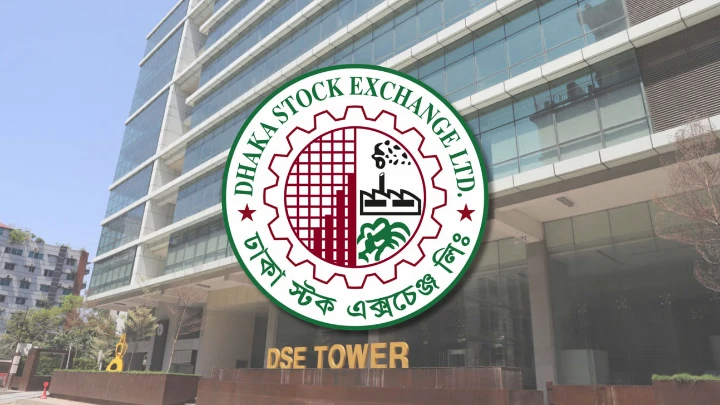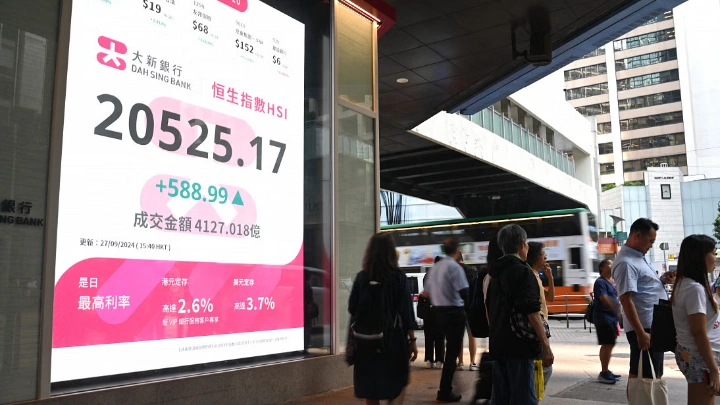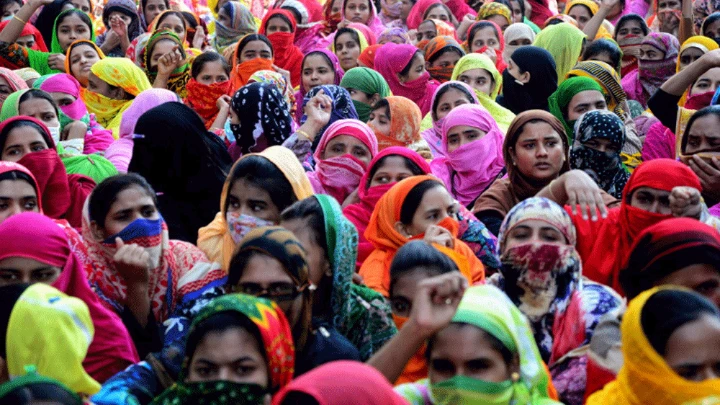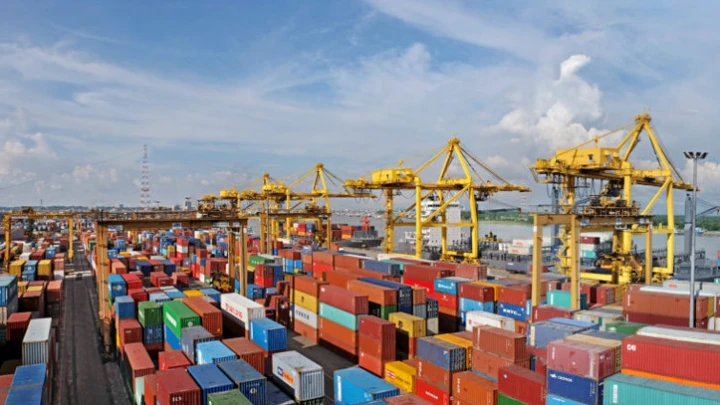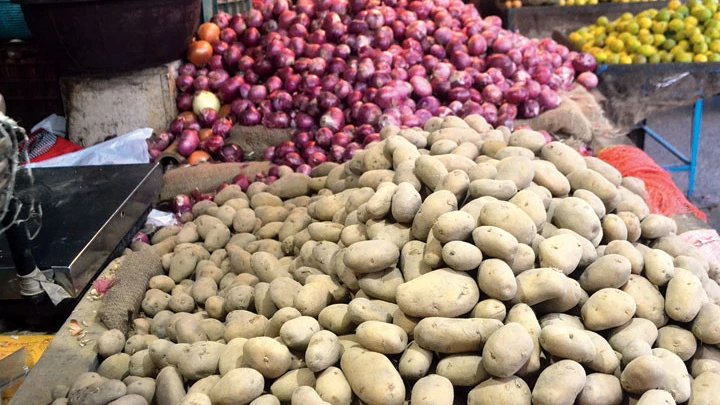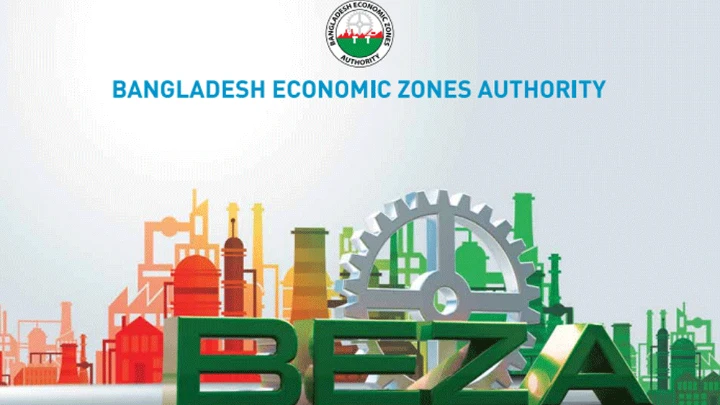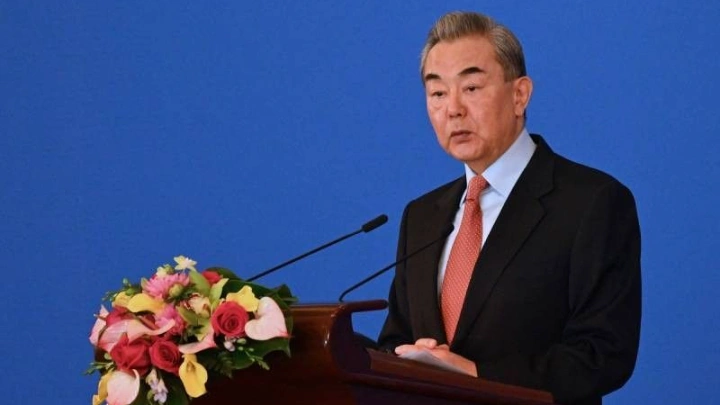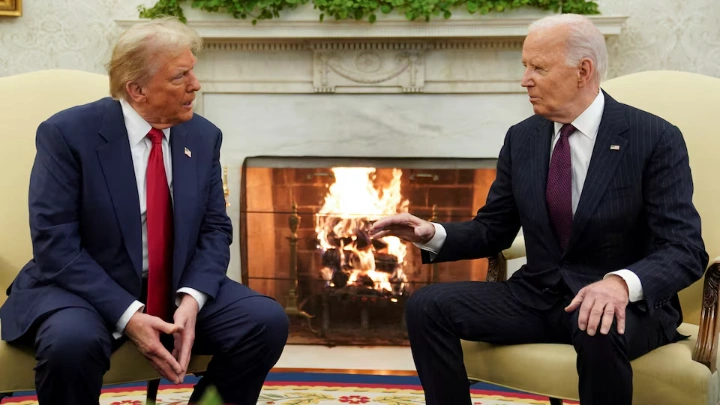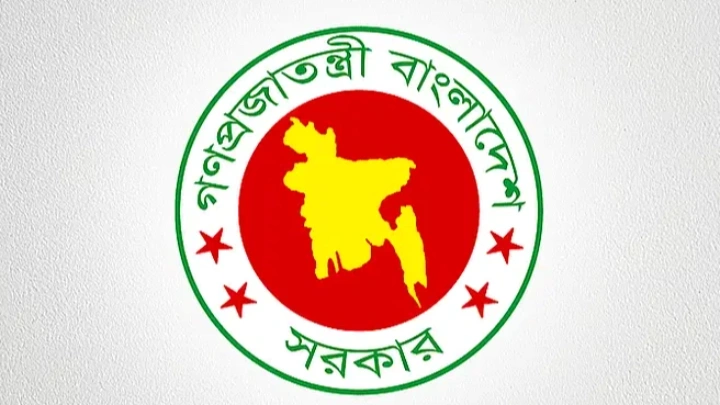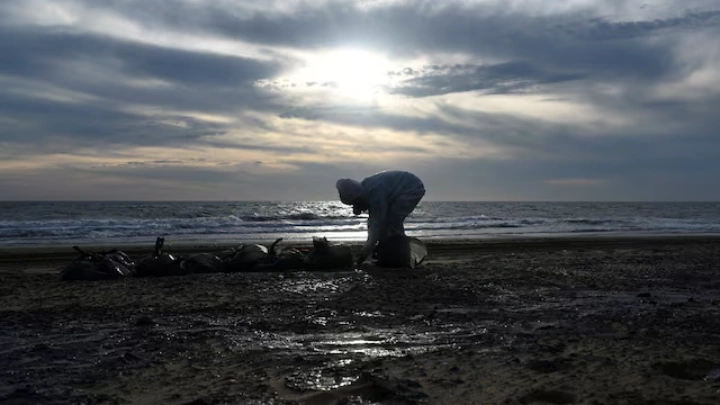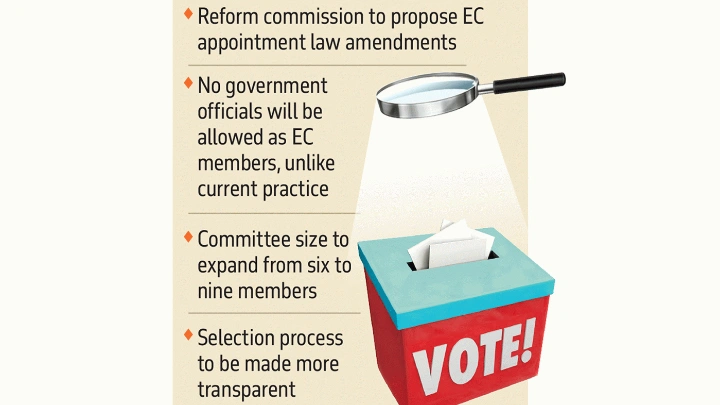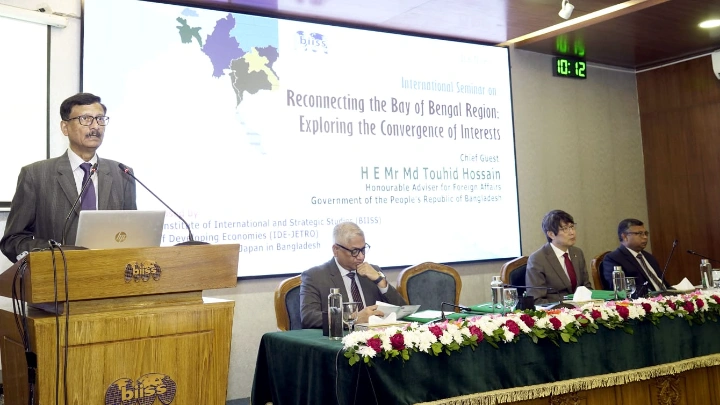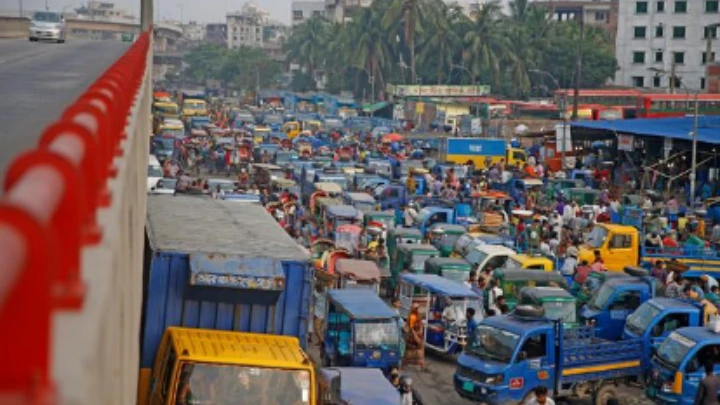Garment jhut: A $100m opportunity for country
DailySun || Shining BD
Bangladesh, the world’s second-largest garment exporter, is failing to capitalise on a multi-million dollar opportunity due to a lack of regulations and infrastructure for textile waste recycling.
Experts say the country could be earning up to $100 million annually by selling cotton waste to the recycling market. It can also achieve significant environmental, economic, and social benefits by adapting the European Union’s strategy for developing a sustainable, circular textile industry, they add.
A 2019 study by the Global Fashion Agenda revealed that Bangladesh produced a staggering 5.77 lakh tonnes of textile waste, with nearly half (2.5 lakh tonnes) consisting of pure cotton. This waste, often referred to as “jhut”, is currently exported by a small group, preventing local companies from entering the lucrative recycling market.
Talking to the Daily Sun, Denim Expert Ltd Director Farooq Hossain said, “Despite having a huge earning opportunity from recycling textile wastes, we cannot take the benefits due to lack of adequate textile recycling regulations, technology, investments, utility, research and development and compliance.”
He said the country’s textile wastes are almost always exported abroad by a particular group of people; so, local recycling companies fail to collect them. The government should formulate a strong regulation to restrict the export of textile wastes.
“Two companies – Cyclo and Recover – are actively engaged in textile waste recycling. Many well-known brands want to invest here, but various complexities create obstacles in developing a circular textile ecosystem in the country,” he added.
Potentials for EU’s sustainable, circular textiles strategy
On several occasions experts have underscored the need for bringing changes to the upstream trade patterns, policy development and future textile exports to the European Union (EU) markets by adapting the EU’s sustainable and circular textiles strategy, but it still remains unrealised in the country.
“The EU has undertaken a strategy to promote sustainable and circular textiles and the fashion industry. Now we need to assess the landscape of the sector before we provide feedback on potential impacts and necessary adaptations for Bangladesh’s textile industry,” Dr Patrick Schroeder, senior research fellow of Environment and Society Program, the Royal Institute Affairs, Chatham House, said.
He highlighted the importance of supporting institutional capacity for extended producer responsibility (EPR) in Bangladesh, improving IP and technology transfer to adopt state-of-the-art recycling technologies, and working on traceability in the Jhut (textile waste) value chain through mandatory reporting at a national digital database and marketplace (Jhut hub) for developing a circular textile industry.
Presenting a study at a recent programme, Dr Patrick said, “We need to figure out strategies for enhancing collaboration between EU and Bangladesh stakeholders to promote a sustainable and circular global textile sector.”
Producer countries like Bangladesh have existing circular practices and entrepreneurship, often in the informal sector having market structures, micro enterprises and trade for pre-consumer textiles (Jhut).
“The EU should take a proactive, supportive, and collaborative approach with stakeholders to formalise the Jhut sector while preserving people’s livelihoods,” he said.
The export of readymade garments witnessed an increase of 3.67% in 2023 to $47.39 billion, up from $45.71 billion in 2022, according to data from the Export Promotion Bureau (EPB).
Business Leading Initiative Development (BUILD) CEO Ferdaus Ara Begum said, “Our focus is to gather your thoughts for assessing the impact of EU strategy of sustainable and circular textiles on Bangladesh industry.
“We also need to analyse the policy shift areas for circular textiles and chart out a detailed scenario in that respect to support Bangladesh’s textile industry’s efforts for adopting EU’s sustainable and circular textiles strategy. We would expect enhanced collaboration between EU and Bangladesh stakeholders to promote a sustainable and circular global textiles sector.”
Md Saleudh Zaman Khan, vice president of Bangladesh Textile Mills Association (BTMA) said, “We need to consider development of the supply chain for cotton recycling and forming local regulations for recycling. Moreover, extending the producer responsibility policy is required.”
Chowdhury Liakat Ali, director (SFD) of Bangladesh Bank (BB), said they have taken various policy initiatives for promoting sustainable finance and green banking in order to reduce greenhouse gas emission and speed up investments in renewable energy, energy and resource efficiency, circular economy and eco-projects financing.
BB issued the Sustainable Finance Policy in 2020 and subsequently revised it in 2023. The policy includes Sustainable Finance Taxonomy along with a country perspective – “Green Taxonomy and Climate Finance Taxonomy”.
He further said the central bank fixes targets for banks with regard to green and sustainable financing – 15% of all loan disbursement and investments for green financing and 20% for sustainable financing.
Shining BD


